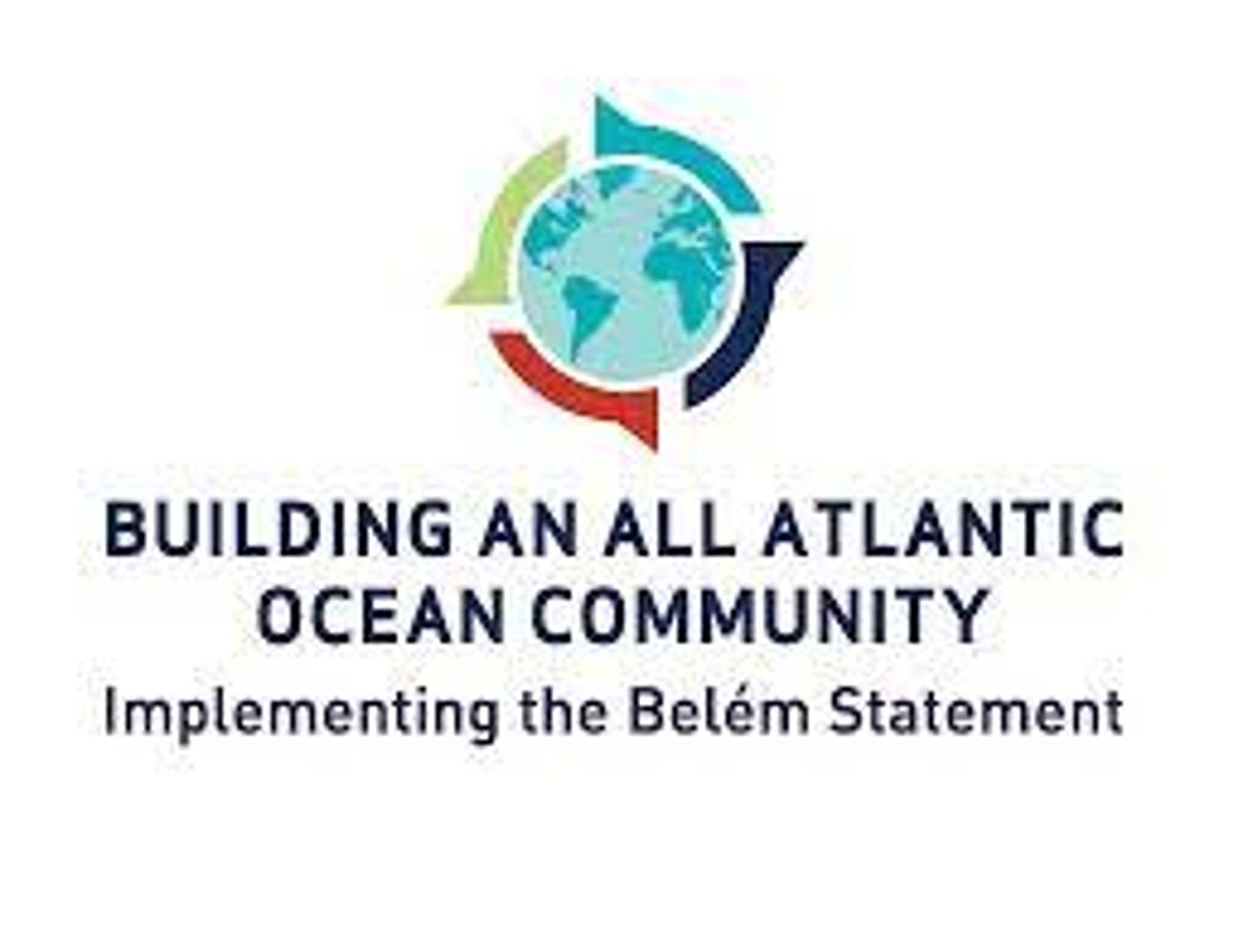On June 28th and 29th 2021, the Laboratoire d'Océanographie de Villefranche (LOV) hosted the first I/ITAPINA: Imagine/Imaging the Atlantic - a Pelagic Imaging Network Approach workshop. Here Patricia Cabrera (VLIZ) shares her reflections on the workshop.
I/ITAPINA is a networking activity, implemented under the umbrella of the AA-MARINET Joint Pilot Action and supported by the All-Atlantic Ocean Research Alliance. It aims to build the All-Atlantic Pelagic imaging community and to develop a framework for operational marine ecosystem monitoring with pelagic imaging techniques. Such an operational pelagic monitoring system is needed to visualize the distribution of plankton, nekton, detritus, and plastics in near-real-time, which will enable improved ecosystem predictions and management.
Several researchers from MISSION ATLANTIC, AtlantEco, and TRIATLAS, participated in this Joint Pilot Action led by Dr. Rainer Kiko (LOV, France). Dr. Kiko presented the goals of the workshop. Researchers from the sister projects based in Brazil, South Africa, Germany, UK, France, and the USA, then had the opportunity to share news on their ongoing imaging activities, as well as knowledge on infrastructures used, data sources, and future needs in the field.
On the second day, the workshop focused on instrument development and the development of data analysis pipelines. Experts from several organizations presented the instruments such as the PlanktoScope, Minions, the Underwater Vision Profiler 6, the Zooglider and Holographic imaging. Image processing and classification tools such as ECOTAXA, MorphoCut & MorphoCluster, Real-Time classification approaches were presented and the plans to develop a Pelagic Size Structure database were discussed.
Capacity development for pelagic imaging was another major point discussed during the workshop, including a presentation by François Michonneau about “The Carpentries” organization that conducts workshops globally to boost data processing skills of students and researchers.
Each day's sessions were followed by a general discussion where speakers and in total 200 attendees had the chance to interact and share knowledge.
If you would like to be part of the I/ITAPINA network, please contact Dr. Rainer Kiko, rainer.kiko@obs-vlfr.fr
Further reading:
